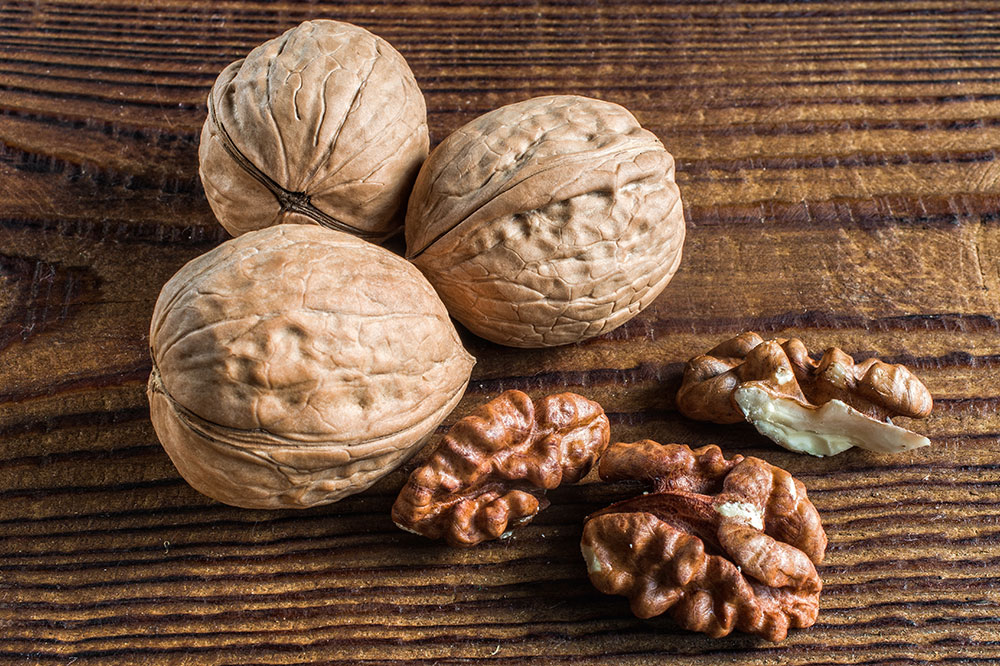Comprehensive Dietary Strategies to Support Parkinson’s Disease Management
Explore comprehensive dietary strategies for managing Parkinson’s disease, including antioxidant-rich foods, omega-3 sources, and nutritious vegetables, complemented by medication options. Learn how proper nutrition can support symptom management and improve quality of life for affected individuals.

Essential Nutrition Tips for Managing Parkinson’s Disease Effectively
Being diagnosed with Parkinson’s disease can be a life-changing event, impacting daily routines, independence, and overall well-being. This progressive neurological disorder primarily affects the motor system, leading to a range of symptoms such as persistent tremors, muscle stiffness, difficulty with coordination, impaired balance, and sometimes speech and swallowing challenges. While medication and physical therapy are integral parts of treatment, nutrition also plays a vital role in managing symptoms and potentially slowing disease progression. Optimized dietary choices can provide the necessary nutrients to support brain health, improve motor function, and enhance quality of life for individuals living with Parkinson’s. In this comprehensive guide, we explore scientifically-backed foods, nutritional strategies, and medication considerations essential for effective disease management.
Powerful Foods Supporting Neuroprotection in Parkinson’s Disease
Nutrition for Parkinson’s isn’t just about general health; it involves selecting foods that specifically support neurological function, combat oxidative stress, and promote overall resilience. The following food groups are particularly beneficial for those affected by Parkinson’s:
Berries: Nature’s Neuroprotective Superfoods
Savoring berries such as strawberries, blueberries, and blackberries can significantly impact Parkinson’s management. These fruits are abundant in antioxidants, notably vitamin C and polyphenols, which help neutralize harmful free radicals responsible for oxidative damage in brain cells. Scientific research indicates that oxidative stress contributes substantially to neurodegeneration in Parkinson’s disease. Regular consumption of berries can help mitigate this damage, potentially protecting remaining neural tissue and alleviating symptom severity. Incorporating berries into breakfast, smoothies, or as snacks ensures a steady intake of these neuroprotective compounds, making them an essential part of the dietary plan.
Nuts and Seeds: Rich Sources of Brain-Boosting Nutrients
Nuts such as almonds, walnuts, Brazil nuts, pecans, and pistachios are nutritional powerhouses packed with vitamin E, B1 (thiamine), magnesium, and omega-3 fatty acids. These nutrients are crucial for maintaining nerve integrity and supporting cognitive and motor functions affected by Parkinson’s. Studies suggest that vitamin E has neuroprotective effects, helping to reduce oxidative stress and subsequent neural damage. Regular nut consumption can improve motor coordination, diminish tremors, and support overall brain health. Including a handful of nuts as part of meals or snacks can be a simple and tasty way to bolster neurological resilience.
Flax Seeds: Tiny but Mighty for Brain and Skin Health
Flax seeds, often overlooked, are rich in alpha-linolenic acid (a plant-based omega-3), lignans, and vitamin E. These compounds foster hormonal balance, reduce inflammation, and are beneficial for skin health. Due to their anti-inflammatory properties, flax seeds can help alleviate some Parkinson’s symptoms related to neuroinflammation. They also support digestive health and maintain optimal absorption of nutrients. Ground flax seeds are easy to add to oatmeal, yogurt, smoothies, or baked goods, ensuring a consistent intake of these vital nutrients.
Seafood: Enhancing Brain and Immune Health
Fatty fish such as salmon, mackerel, oysters, and shellfish are rich in omega-3 fatty acids, zinc, and vitamin D. Scientific evidence points out that omega-3s play a significant role in maintaining neuronal integrity and promoting anti-inflammatory responses within the brain. Vitamin D deficiency is common among Parkinson’s patients and correlates with worsened symptoms; thus, seafood serves as a natural source to help correct this deficiency. Zinc, meanwhile, supports immune function and may influence neuroplasticity. Regular inclusion of seafood in the diet can bolster immune defenses, support neural repair, and improve motor symptoms.
Vegetables: Guardians of Brain Cell Integrity
Leafy greens such as spinach, kale, and Swiss chard, along with cruciferous vegetables like broccoli, cabbage, and Brussels sprouts, are rich in antioxidants including vitamins C and E, carotenoids, and flavonoids. These compounds actively combat oxidative stress, protect neurons from degeneration, and support detoxification processes. A diet plentiful in vegetables can also provide fiber, aiding digestion – an important consideration for Parkinson’s patients who often experience constipation. Incorporating a variety of colorful vegetables daily ensures a broad spectrum of neuroprotective nutrients and enhances overall health.
Medications: Pharmacological Intervention in Managing Symptoms
Alongside dietary strategies, medication remains a core component in controlling Parkinson’s symptoms. Commonly prescribed drugs include:
Rytary (levodopa and carbidopa): An extended-release formulation that helps reduce motor symptoms such as rigidity, tremors, and bradykinesia. It facilitates consistent dopamine levels in the brain, improving mobility and daily functioning.
Opicapone (Ongentys): Typically used in conjunction with levodopa and carbidopa, opicapone inhibits the enzyme COMT, which breaks down dopamine, thereby prolonging the effectiveness of levodopa therapy. This can lead to better symptom control and reduced fluctuations in motor performance.
While these medications are effective, they may cause side effects including dizziness, dry mouth, nausea, constipation, headaches, and involuntary movements. Monitoring and adjusting medication under the supervision of a healthcare professional are critical for optimizing benefits and minimizing adverse effects.
In conclusion, a holistic approach that combines targeted nutritional intake with appropriate medical therapies can significantly enhance the quality of life for those living with Parkinson’s disease. Emphasizing antioxidant-rich foods, omega-3 fatty acids, and nutrient-dense vegetables supports brain health, reduces oxidative stress, and improves motor function. Consulting healthcare providers for personalized dietary and medication plans is essential for effective disease management and long-term health maintenance.





